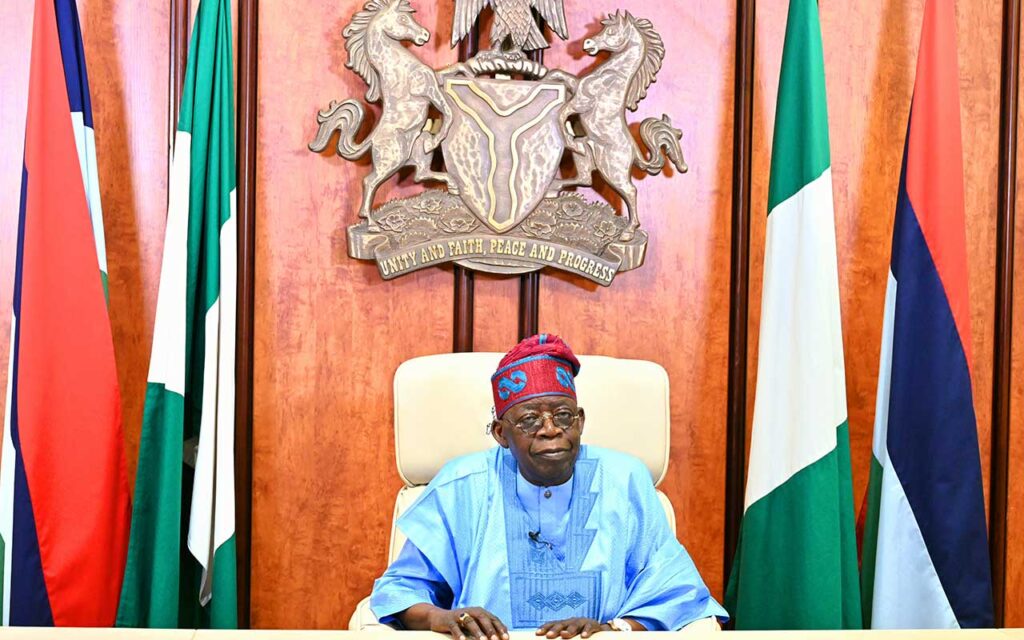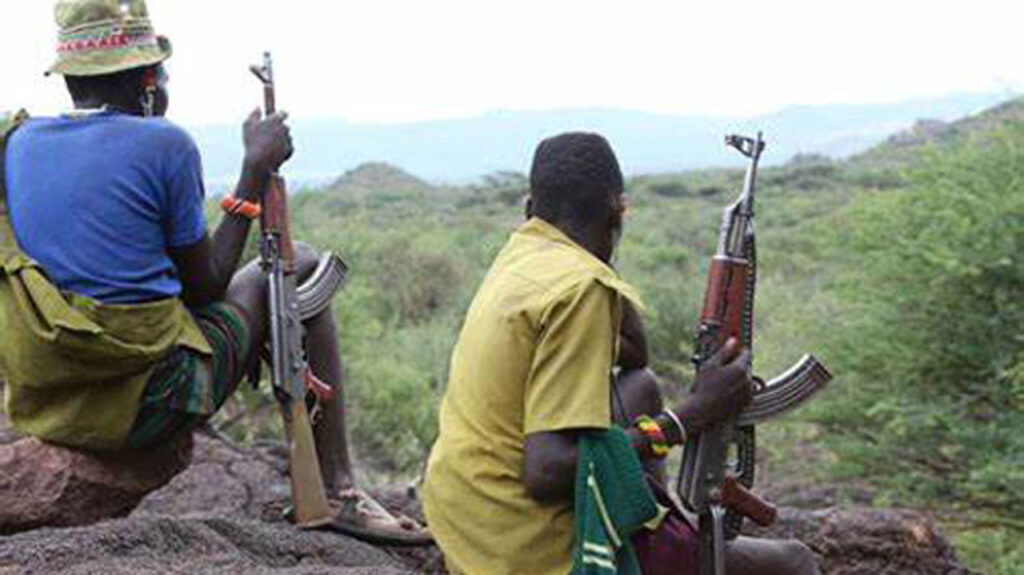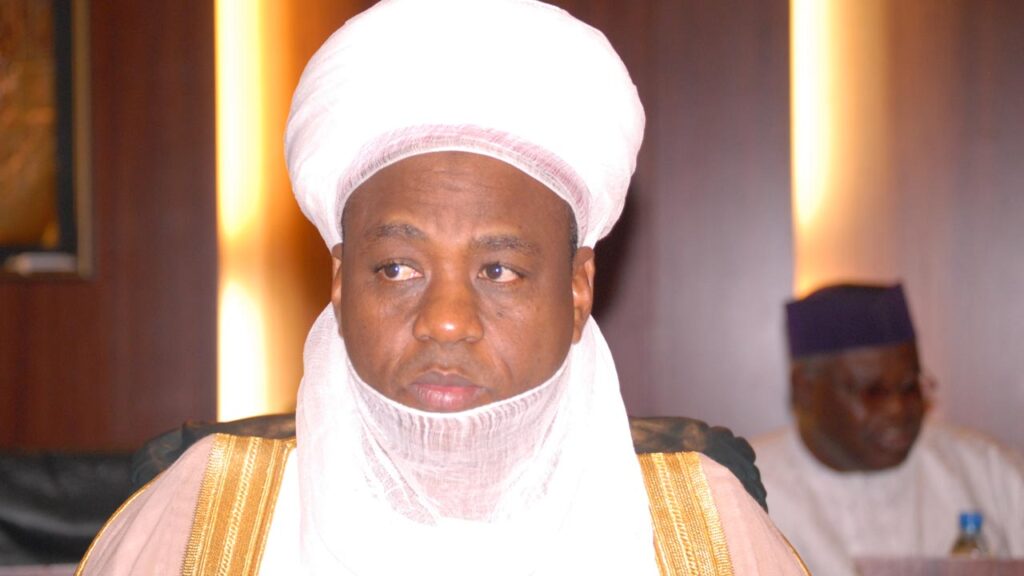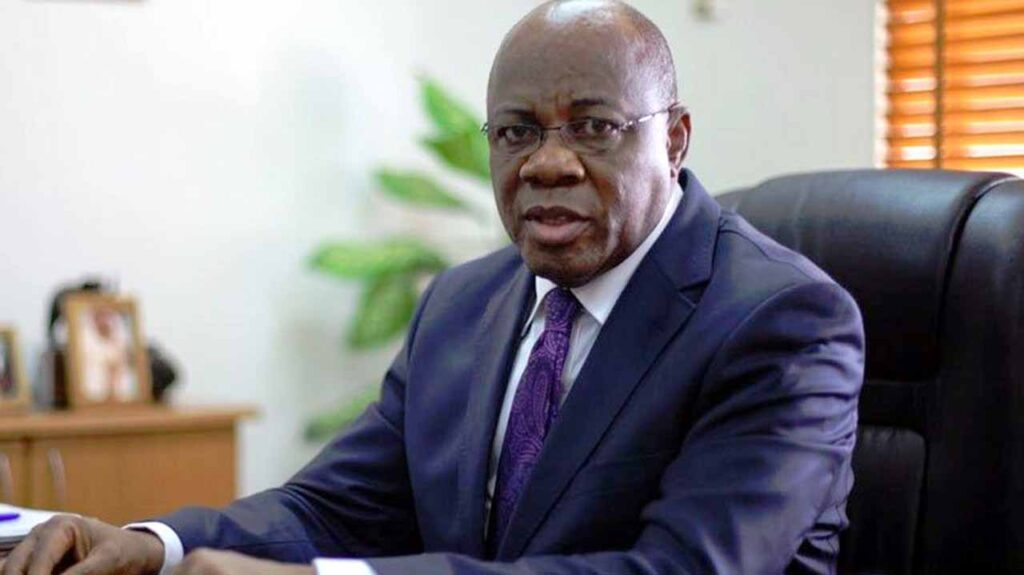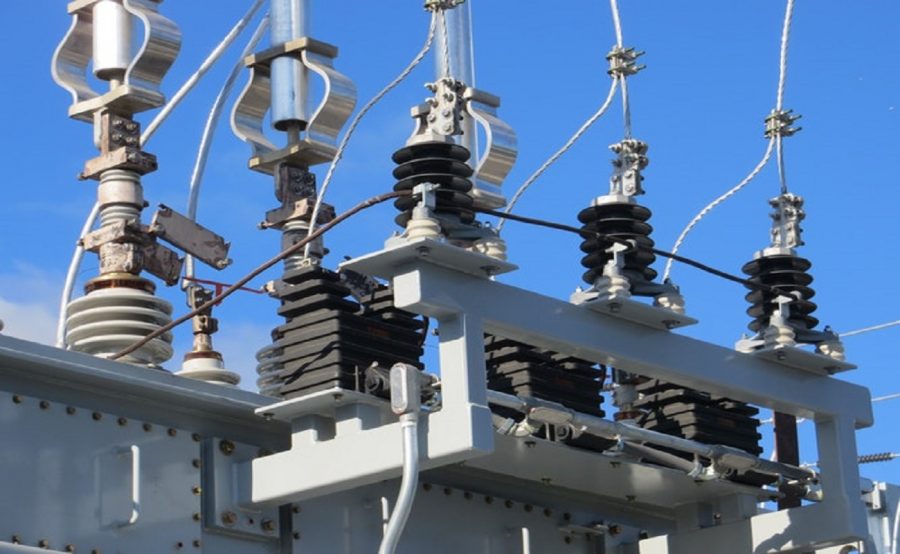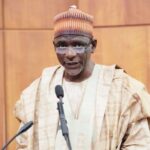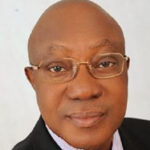
• Nigeria far from June 12 ideals – Adams, Okorie, Ezike, others say
• Elections have retrogressed in credibility and acceptability, says Okorie
• One year too early to judge Tinubu’s performance, say Sani, Yakasai
‘Democracy without democrats and remarkable dividends’ aptly captures the mood of most Nigerians on the commemoration of the June 12 anniversary that now symbolises the peak of the struggle for democracy in the country.
Exactly 31 years after the June 12, 1993 watershed, Nigerians are still groping in the dark seeking either substance or remnants of those fought-for democratic ideals that are flourishing in other parts of the world.
Worst still, the foray of the so-called progressives to the reins of power in the last nine years, has further eroded what is left of the hope of a better country or gains of democratic rule.
Specifically, the unleashing of ‘The Renewed Hope Agenda’ of President Bola Tinubu in the last one year – a rehash of the Hope ’93 welfarist promises of Moshood Abiola – has curiously tightened the noose on asphyxiating Nigerians. Poorly thought-out policies have further impoverished Nigerians, with horrendous numbers across the board.
It will be recalled that former President Muhammadu Buhari had on June 6, 2018, declared June 12 as Democracy Day in honour of the winner of the June 12, 1993 presidential election (MKO Abiola), believed to be the freest and most credible election in the country. But Nigerians are worse off today, even than in Buhari’s locust years.
For instance, the inflation rate as of May last year when President Tinubu assumed office was 22.4 per cent but it moved to 33.7 per cent by April this year according to the National Bureau of Statistics (NBS).
The data also revealed that food inflation, which stood at 24.8 per cent as of May 2023 has jumped to 40.5 per cent as of April 2024.
While the World Bank estimated that 104 million out of about 200 million Nigerians are living below the poverty level, Hanke’s Annual Misery Index reveals that 56.2 Nigerians are poor as of 2023. The Nigeria Economic Summit Group (NESG) and KPMG put the unemployment rate at 40 per cent.
The hardship Nigerians are going through has been making many ask if President Tinubu still subscribes to the ideals of June 12, which means more than just freedom of choice and the right to get people into elective offices, it is about social and economic justice for people.
Elder statesman, Chief Chekwas Okorie, yesterday, lamented that 31 years after the June 12, 1993, elections, all other elections in the country thereafter have retrogressed in credibility and acceptability, stressing that it is the duty of President Tinubu as part of the proponents of June 12 to restore credibility to the process.
Okorie stated that June 12, symbolised the quest by Nigerians for free, fair and credible democratic elections, regretting however, that subsequent elections in the country have been mired in controversy, rejection, and litigations almost to the point of threatening the political stability of the country.
He stated that the President, as part of the proponents of the struggle, has so far failed to promote the “philosophical underpinnings” of June 12, though added that he should take urgent steps to restore Nigeria to the path and beliefs of those who fought for June 12.
Also, a member of NADECO, Ibuchukwu Ezike said that the policies of the Tinubu Presidency in the first year were not in tune with the ideals or philosophy of June 12, or rather NADECO that fought for the restoration of the June 12, 1993, election mandate to late Chief MKO Abiola.
Ezike said: “It was NADECO, through its campaign struggle, that established the principles or ideals of June 12 philosophy because Abiola’s campaign philosophy was ‘abundance for all and farewell to poverty’. It didn’t go into the nitty-gritty of restructuring, devolution of powers, a system of government, equality of the federating units or the geo-political zones in terms of the number of states, local governments and allocation of mainstream positions in government and infrastructure, the sacking of the military from the corridors of power, addressing mindless corruption and insensitivity of the military dictatorship to yearnings and aspirations of Nigerians and insecurity etc. as defined by NADECO,” he said.
He added that Nigerians have been crying since the advent of Tinubu Presidency for avoidable hardship, hunger and insecurity crisis, all contrary to what ‘hope’ represents.
One of the pro-democracy activists, who fought for the realisation of June 12 ideals, Senator Shehu Sani, however, said President Tinubu is implementing policies of the group but with many people who did not share or understand the philosophy of June 12 in his cabinet.
In an interview with The Guardian, he said, “The reforms, which he has been implementing were the ideals of June 12 struggle to restructure and reform the country and the economy. However, reforms come with consequences and suffering. What matters is the results.
“When Buhari took over in 2015, we thought that somebody with that nationalistic spirit would have been able to lay the foundation for enduring political and economic reform in Nigeria for eight years, but he failed. So, Asiwaju seems to have inherited a nation with people that have been disappointed with the party and the political leadership.”
Partly in agreement with Sani, an elder statesman, Tanko Yakasai, urged Nigerians to exercise patience with President Tinubu over his promise to deliver on his ‘Renewed Hope’ agenda.
Speaking with The Guardian, yesterday, he stressed the need to hold those entrusted with leadership positions to live up to their campaign promises, though he expressed concerns over the leadership recruitment process in the country.
He said the June 12 Democracy Day anniversary should serve as a reminder to correct the ills associated with the ongoing democratic dispensation in the country.
According to him: “Nigerians should watch and see the activities of Tinubu to see whether he is keeping to his promises or not. One year is too early in my opinion. Because what most people don’t understand is that by the time somebody comes to power, his immediate challenge is to settle down,” he said.
For the National Organising Secretary/ Acting Secretary General of Afenifere, Abagun Kole Omololu, it would be unfair to conclude that Tinubu is a failure after just a year in office.
Omololu, who also participated in the June 12, 1993 struggle, said the country that the incumbent administration inherited was completely different from what Abiola was to have inherited.
He also said Tinubu, because of the delicate state of Nigeria, is taking the issue of restructuring with utmost caution because of the resistant nature of the north to such development.
Omololu cited the issue of state police, which the government is doing systematically.
The Aare Ona Kakanfo of Yorubaland, Gani Adams, also opined that Nigeria is far from the ideals of June 12. Adams said until the country is restructured, the legacies the late MKO Abiola intended to put in place would not be achieved.
Speaking with The Guardian, Adams added that the country is far from the tenets of democracy, adding that the contents of democracy are not reflective of Nigerians’ reality.
He said: “It is too early to try to pitch President Tinubu’s administration with MKO’s idea of governance. The President had just spent one year in office.”
But the Yoruba leader who lamented the economic and security challenges confronting the country called for an urgent intervention, noting that people are suffering untold hardship.
Another of the June 12 advocates, Fred Agbeyegbe, who was also a member of the National Democratic Coalition (NADECO), reckoned that the progressives body of Nigerian politics should not blame Tinubu if they feel he has not performed as expected.
He said: “Yes, President Tinubu was an ardent supporter of June 12, but what contribution did June Twelvers make to Tinubu’s becoming President to expect him or demand that he implements their ideals?
“Besides, look at the Military Decree misnamed as the 1999 Constitution, which he swore to uphold, defend, protect and implement. It is replete with the antitheses of the ideals of June 12. I am afraid Tinubu is straight-jacketed by that Military Decree. The only hope, if any, is his renowned dexterity. We are all watching to see how he would marry June 12 ideals with that Decree.”
But another participant in the June 12 struggle, Akin Malaolu, described Abiola as a remarkable man and politician whose mind was wholly for the benefit of the suffering masses.
“But President Tinubu is the leader of the country and in the space of one year, he has made a caricature of everything that progressivism stands for.
“In Nigeria today, progressive ideals are like ‘Candle in the Wind’. So sad indeed. Our leadership forum has been at the forefront of restoring the past glory of late Chief Obafemi Awolowo, and we shall not fail nor falter.”

